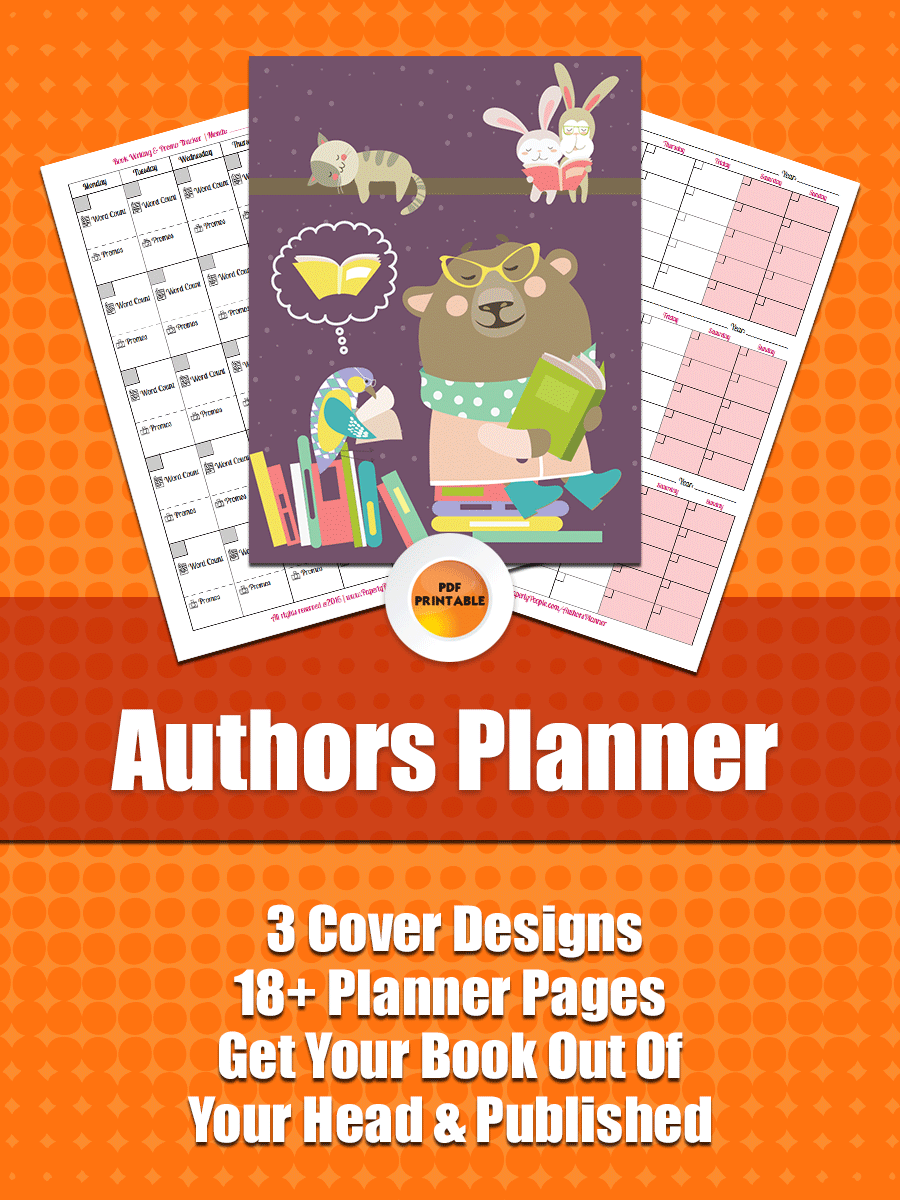You’re selling fiction and are writing a new book, or thinking about a plot and characters for a new one, and worry about choosing a genre for your book.
Worse yet, your ideas for your storyline aren’t staying in one specific genre and the mental gymnastics you are going through to reign it in are making you crazy. Should you be worrying about genre now as you write or plan your new book?
Probably not. Here’s why.
Creative Thoughts … Why limits?
The first thing you should be asking yourself when wondering about genre is why limit yourself to one? When you do that, you limit your imagination and your storyline. Why put those kinds of constraints on a job that can already be challenging?
Let your story take you where it will and genre or genres will take care of it or themselves.
More and more authors are letting their stories determine themselves and not letting genre determine their story. Called writing across genres, it’s becoming more and more popular as writers do things like write stories about time traveling historians who fall in love, or science fiction stories that involve fantasy or mystery.
Writing across genre creates stories that provide readers with more types of plot lines and plot twists to follow. It expands their minds and imaginations. Writing across genre also provides the author with a much wider audience. For instance, a historical fiction author who adds romance and mystery into their stories can branch out and attract readers of mysteries or romance, instead of just history buffs. The science fiction author can attract mystery, romance or fantasy reader when they expand their story line to include one or more of those genres in their stories as well. When selling fiction you always want more customers so writing across genres is cool.
If you take the idea that you can only write in a specific genre, you limit where your talent and imagination can take you. You limit your earning potential and you limit your audience.
Cross Genre Selling Marketing Perspective
Okay, so now your book is finished, how to you make sure your mixed up little gem is going to be seen (and bought) by the correct readers. This can really be a challenge…for example, say you did write that mystery science fiction story, who would buy it and how would you position it?
Amazon
In Amazon’s Categories you can pick two so use one to get you in the mystery fiction category and then one to get you in science fiction. Next check out the keywords that you using and split those too. For example, here is the list of keywords that you should use in the mystery category to get that “paranormal” subcategory.
This list can be found here, but there are tons of different ways you can go about this. Do the mystery to paranormal and then the science fiction to mystery keywords too!
Pictures and Sales Banners
One thing that is super easy for you to control is how you are presenting and marketing your book to the world.
Much as the cover design will need to be great, you can make amazing banners that will be used on social media. Just by changing the looks of banners you can appeal to different portions of your audience.
Your fantasy readers will notice the advertising you create around your book at the top and the mystery buffs who love your books will read the bottom.
Positioning your book to appeal to one group or another is not weird, it is a way to optimize sales to each of your different genres.
Targeted Paid Ads
One last thing… having multiple niches in the same book allows you to target your paid advertising better. Say you do have a little a bit of fantasy mystery, then target fans of Dean Koontz’s Odd Thomas series. Or if you are doing historical drama, target fans of Michael Crichton’s Timeline.
It might take a little bit of research to find out other “popular” books that you use as your target audience for the paid ads, but it is definitely worth the time!
Selling Fiction Wrapup
One of the reasons “common lore” says to stick to genres and drive between the lines was that the big publishers did not want you to write a book that would fit in science fiction and cooking at the same time. Those were hard to sell because they wouldn’t know which department to put them in at the store.
But now that things are digital, bookstores are limitless and the only thing that would stop you from selling fiction is your lack of imagination. Keyword target your books, use the categories and make your marketing banners appeal to your target customers.
All super easy and affordable to do!





Leave a Reply